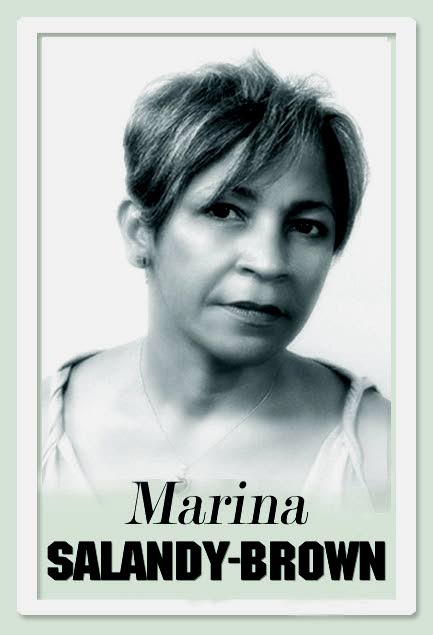US culture and sport defy politics

It happened two weeks ago but casual conversation here in the USA still turns to the extraordinary events at the US Women’s Tennis Open final in which superstar player Serena Williams was penalised for alleged cheating, verbal abuse and misconduct. Around the world it quickly became more than a sporting question, it rendered Serena Williams a flash point for women, especially black women in sport, and symbolises the continued struggle for racial justice and gender equality.
The massive crowd, several revered former tennis superstars and the Women’s Tennis Association support Williams’ charge that the umpire was unfair in penalising her for misdemeanours common amongst male players and in giving insufficient warning before ruling a game penalty that turned the match in her opponent’s favour. The International Tennis Federation, on the other hand, defends umpire Carlos Ramos sticking to the code of conduct, even though it seems to be more applied to women than to men. After the match, which the defending champion lost and from which Ramos was escorted, Williams received the highest ever fine in the US Open for verbal abuse, despite no profanity being spoken. She did, however, accuse Ramos of stealing the game from her and he certainly threw the book at her. Williams never mentioned racism, only sexism, but the fact that her penalties were harsh and that she is also the most drug tested tennis player in the USA speak volumes to many people. They see racism and sexism as inseparable.
In a radio broadcast on National Public Radio, the highly respected, prize-winning Jamaican-American poet Claudia Rankine (author of Citizen: An American Lyric that deals with the effect of structural racism upon African-Americans and singles out Serena Williams) observed that, in the USA, cheating attaches readily to blackness and knowing that, Serena had to stand outside of the game to protect herself and her child from the continuation of that criminal attachment. For Rankine, the Tennis Open became the history of a certain kind of racial stress. It is a stress that is widely felt. The game-changer tennis match took place during a hypercritical moment in US sport, culture and politics. Just days before, Nike and beleaguered Colin Kaepernick, the former African-American San Francisco 49ers quarterback ranked 17th in the National Football League (NFL), signed a multi-million dollar commercial deal as part of the company’s 30th anniversary marketing campaign. Feeding off the player’s problems, the “Believe in something, even if it means sacrificing everything #JustDoIt” campaign rattled lots of cages and turned Kaepernick and Nike into lightning rods for racial hatred. Nike share value fell initially and refuseniks burned their famous sports shoes before the TV cameras. A week later, however, Nike had increased sales by 31 per cent and its share value had more than rebounded.
Two seasons ago Kaepernick became the new carrier of the movement for social justice in the USA by kneeling, instead of standing, during the playing of the US national anthem. President Trump was soon berating the protest on Twitter and the star player was dropped from the league and has not played since. Kaepernick upped the stakes by pursuing legal action against the NFL. Serena Williams, also endorsed by Nike, came out supporting Kaepernick’s lead on the silent, respectful protest, as have many other athletes. They are in the tradition set at the 50th anniversary 1968 Mexico Olympics by the US 200m gold and bronze medal winners Tommie Smith and John Carlos, who on the podium during the anthem raised their black-leathered fists in the black power sign in support of civil rights. Anyone who witnessed it knew that this was a new moment in the black struggle in the USA.
The momentum of the pushback in US sport and culture against the current political mood dictated by the White House is gaining pace. The music and theatre of new superstars, such as Childish Gambino whose This is America video has gone viral on YouTube, and the latest Spike Lee film Blackklansman, a fascinating dramatic documentary of the revival of the Klu Klux Klan (with Harry Belafonte appearing as himself) are testament to this. So too was the wining on Tuesday in London of a most prestigious international English poetry prize by Danez Smith, a 29-year old African-American, the youngest poet ever to win and whose poetry has also gone viral on YouTube. The Forward Prize judges paid tribute to the poetry’s “bravery and defiance, and also yearning and anger…. It’s about injustice and it’s about countering inequality with a stance of saying, ‘I’m going to get up and speak out, I’m going to externalise my reality’.”
It is a frustrated journey undertaken by previous generations of African-Americans at enormous personal expense; nevertheless, hope must remain audacious.


Comments
"US culture and sport defy politics"